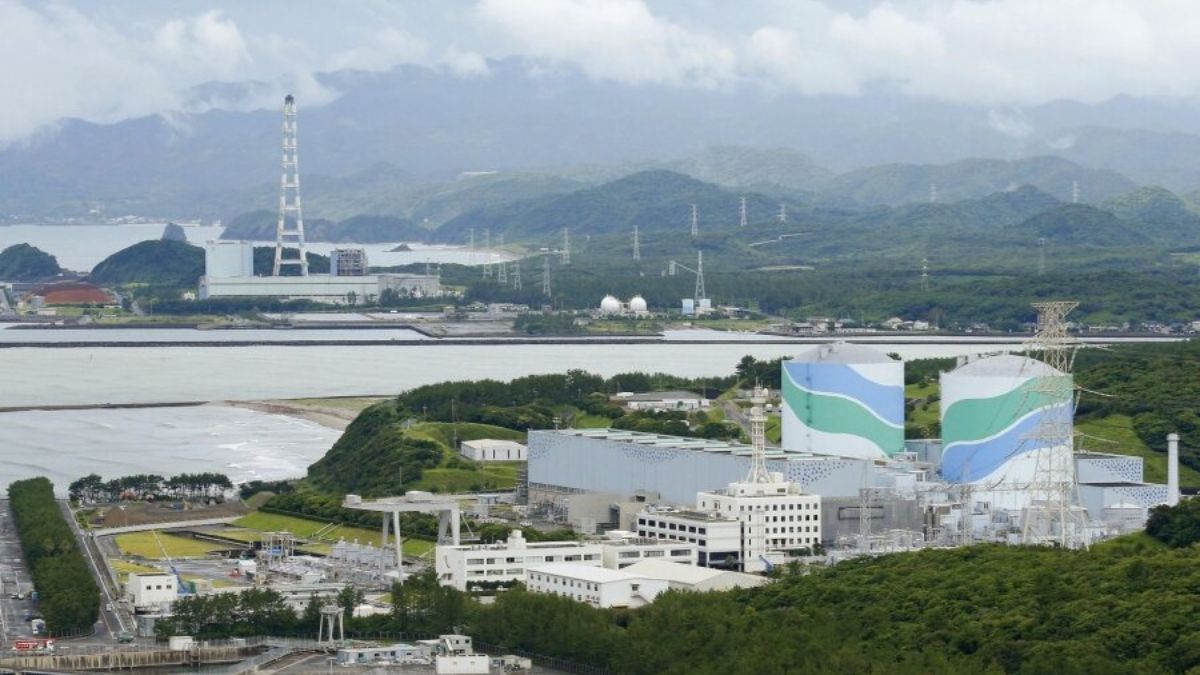Japan Nuclear Fuel Ltd. (JNFL) is considering yet another delay in finishing its long-overdue spent nuclear fuel reprocessing plant in Aomori Prefecture. Initially set for completion in September 2024, the company is now proposing to push the deadline to March 2027, marking the 27th postponement since construction started in 1993.
The Rokkasho plant, central to Japan’s nuclear fuel cycle policy, is intended to recycle plutonium and uranium from spent nuclear fuel to produce new fuel for reactors. However, construction has faced repeated setbacks due to changing safety regulations, especially following the 2011 Fukushima disaster. The plant’s progress has also been hampered by errors in documentation and inspections required by Japan’s Nuclear Regulation Authority (NRA), which imposed stringent guidelines after the disaster.
This delay casts a shadow over Japan’s broader energy strategy. The country, which relies heavily on imports of fossil fuels, has been pushing to restart its nuclear reactors in a bid to achieve carbon neutrality by 2050. Nuclear power, once a major source of energy for Japan, now only accounts for a fraction of the country’s energy mix, with 12 reactors currently operational out of the 54 that were shut down after the Fukushima incident.
JNFL had hoped the Rokkasho plant would help reduce Japan’s massive stockpile of spent nuclear fuel, currently filling around 80% of the nation’s storage capacity. The reprocessing plant is designed to handle fuel from 40 nuclear reactors, producing enough material to power 40 gigawatts of electricity annually.
Despite the ongoing delays, Japan remains committed to the project, viewing it as a crucial component of its long-term energy security. Officials stress that effective utilization of spent fuel is vital for the resource-scarce country, which still imports a significant portion of its energy needs. The new completion target of March 2027 is contingent upon further inspections and regulatory approvals, meaning additional delays remain a possibility.

